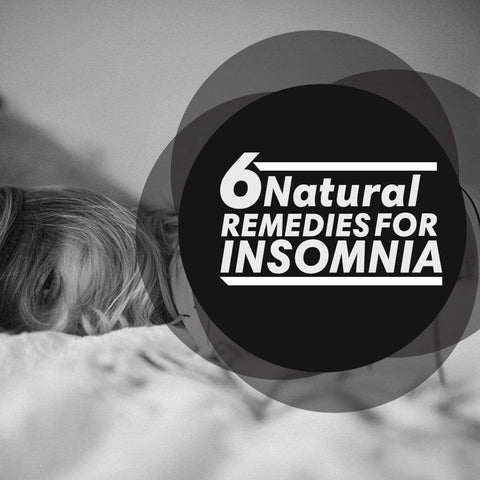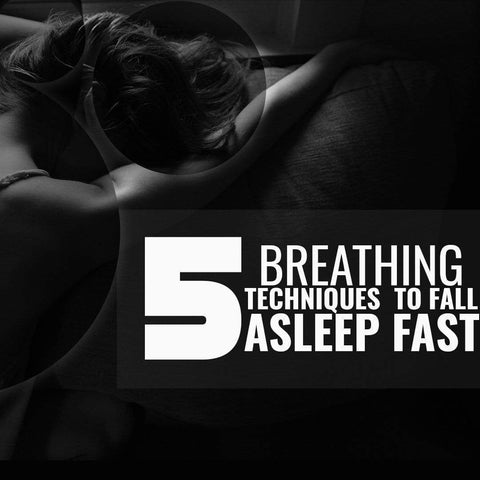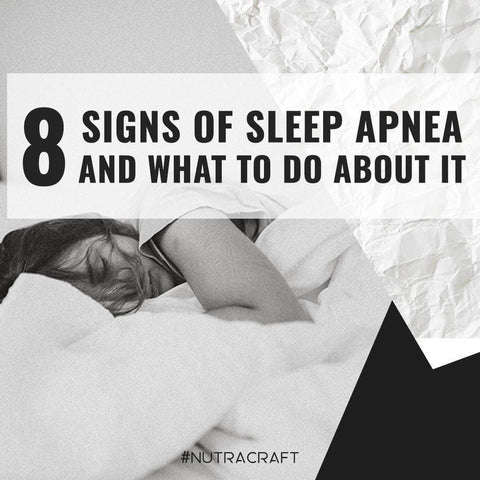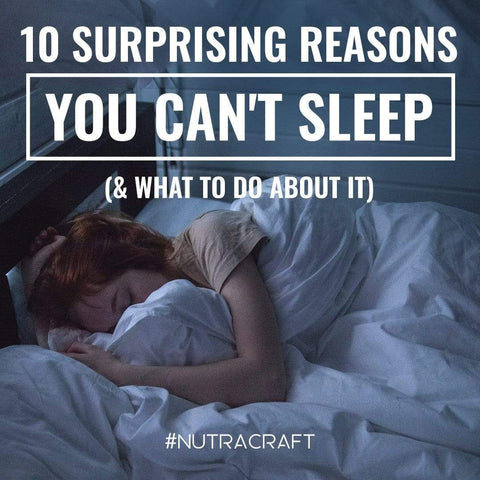
So many people are stressed out and can’t sleep.
When you can’t sleep, it’s bad for just about everything in your life. You’ll feel worse, your skin won’t look as good (think beauty sleep), and you’ll have a much higher chance of developing cardiovascular disease, anxiety, and increased mortality 1.
The vitality of your body depends on the restorative processes that occur during sleep. Cellular repair is one of the hallmarks of sleep 2. If you can’t sleep, your body won’t be at its healthiest and youngest.
Breathing Techniques and Sleep
Since stress is a major impediment to good sleep, it’s smart to strike at the root of your insomnia issues and reduce stress.
Can breathing techniques actually put a stop to the stress and anxiety that often causes insomnia?
Breathing techniques have been used therapeutically since ancient times and have been incorporated into yoga and meditation practices. They help calm the mind and the body.
When you try these techniques, you may be shocked at how much your nervous system calms down. You don’t even have to take any pills. Just simply by breathing in a different way, you’ll reduce stress and help soothe your nervous system into sleep.
Try These Breathing Techniques
1. Slow Breathing

Breathing slowly is a great way to relax the body. Just breathe in slowly and deeply, taking long inhales and exhales instead of shorter and faster breaths
Research has shown that deep breathing can improve sleep quality and slow down your heart rate 3†. It also can lower blood pressure (high blood pressure can be a sign of stress) 4†.
2. Diaphragmatic Breathing
Another way to get in long, relaxing breaths is to focus on your abdomen extending with each breath.
When you breathe in this way, your vagus nerve is activated 5. This is a nerve that travels from your head through your stomach, and when it’s activated, it triggers a “rest and digest” response in your body.
Diaphragmatic breathing has been shown to lower cortisol, a wakefulness-inducing stress hormone 5†. It also improves the focus of your mind so that you’ll have less frantic and darting thoughts 5.
Exclusive Bonus! Download the FREE report ‘3 Key Steps to a Deep Restful Sleep’ by clicking here.
3. Alternate Nostril Breathing

For this one, you close off one nostril and breathe through the other. Follow these steps:
- Close off your right nostril with a finger and inhale through your left nostril for a count of 4.
- At the peak of your breath, close off your left nostril and hold your breath for a count of 4.
- Release the right nostril and exhale for a count of 4.
Alternate nostril breathing has been evidenced to lower heart rate and blood pressure and researchers think that it activates the relaxing parasympathetic nervous system 6.
4. Breath Counting
Meditating is also a great way to calm body and mind. And if you simply count the breaths you’re taking, that’s a form of meditation.
Focus on counting each breath, and your mind will be much more centered. Researchers have found that counting breaths can improve mood and “decrease mind wandering” 7.
5. Progressive Muscle Relaxation Technique (PMRT)
PMRT is a relaxation technique that involves clenching muscles and then relaxing them. It releases tension throughout the body.
Before you start the exercise, take a few deep breaths. Then tense a muscle group such as your shoulders. After a few breaths, relax your shoulders. Continue with other muscle groups.
PMRT has been shown to decrease fatigue during the day and improves sleep quality at night 8.
Do you struggle with achieving deep, restful sleep?
Having a good night’s rest is the key to living a life full of energy and passion. But the modern lifestyle has become a huge detriment to sleep quality.
Without a full night’s rest, there’s a good chance you are missing out from living your best life.
Fortunately, there are key lifestyle choices you can implement right away so you don’t have to wake tired and groggy.
Discover these groundbreaking sleep hacks to drastically improve your sleep quality and wake up actually feeling refreshed and ready to conquer the day.
Click here to download the FREE report and find out how you can improve your sleep quality.








